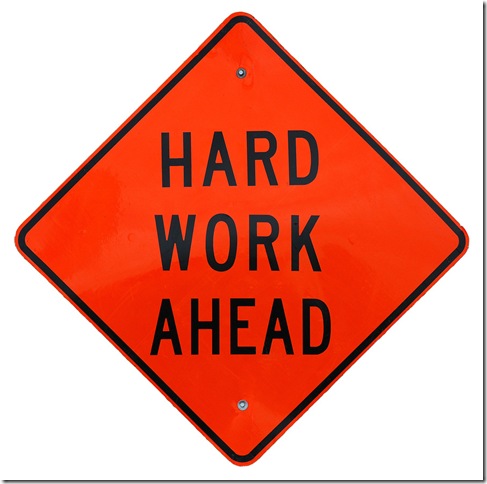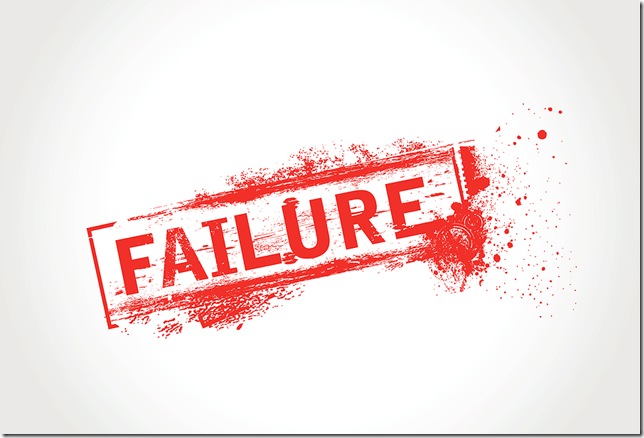Some Common Interviewing Mistakes
Q. What are some common interviewing problems you encounter when interviewing candidates?
A. This answer could be a book. Candidates do some really, let’s just say, unique things in interviews. Some of my favorites, they swear like the proverbial drunken sailor, put their feet up on a table, accept cell phone calls in the interview, reply to text messages, ask the interviewer to wait while they finish a call, dress inappropriately, chew gum and blow bubbles, just to name a few off the top of my head.
One of my personal favorites is how a candidate answered the question about why they were late to the interview, “They overslept because they were hung over.” At least they were an honest person.
I find the two biggest mistakes candidates make are not answering the question and failure to ask for clarification when they don’t understand the question. Here are some common problems that happen when one of these occur:
The kitchen sink answer: Candidates answer the question so it includes everything they’ve ever done. They ramble on for what seems like forever hoping that if they talk long enough the person will forget the question they asked.
The politician answer: They don’t answer the interviewer’s question. Instead they answer the question they wanted the interviewer to ask or give a preplanned answer to every question.
The dentist answer: Their answers are so short it is like pulling teeth to get a complete and thorough answer.
Multiple choice answer: The candidate wants to make sure they don’t leave anything out so they rattle off a list of accomplishments and skills, leaving it up to the interviewer to pick from this list the ones they feel best fits the question.
If you don’t understand the question don’t be afraid to ask for clarification.
Q. Should I reply to job ads that don’t identify the employer? Do recruiters post ads for non-existent jobs to solicit resumes?
A. If you are unemployed you should respond to all job ads for which you are qualified. It shouldn’t matter if the employer is identified. If you are working, caution is required. Many employers don’t want to be identified when posting ads for a variety of reasons. The company may not want people just showing up in lobby to apply. Others may not want their competitors to know they are looking to hire someone or the position may be confidential and the company doesn’t want their employees to know. I wouldn’t let this discourage you from responding if you are unemployed.
It is very likely that recruiters do place ads for non-existent jobs. On the surface this sounds like a bad thing, but it actually is a good thing for people actively looking for a position. When a company contacts a recruiter with an opening, the recruiter may have only a few minutes or hours to submit your resume before the company selects the ones they want to interview. If your resume is already in the recruiter’s system they can do this. It may take days to write the ad, post the ad, you read and reply to the ad, and then the recruiter screens your resume. By this time, the company may already have a short list of candidates and you missed out. Recruiters that recruit in a specific functional area know they need to have an inventory of talent at the ready. Being able to present your resume within minutes of a client’s request is a good thing for candidates.
Is your LinkedIn profile complete and compelling? Test it by downloading our free LinkedIn Self Assessment. CLICK HERE to download. Make sure your profile is the best it can be.
To validate whether or not your job search is effective, we have put together a job search self-assessment scorecard. You can’t fix what you don’t know isn’t working. This free download will help you to identify weaknesses in your job search. CLICK HERE to download your free copy.
Tired of sending resumes and hearing nothing back? Try this cover letter. It has proven over many years to increase responses from recruiters and companies. Download a sample by CLICKING HERE
If you liked this article, please send it to others so they will benefit too. Post it to your Facebook page, Tweet it, or submit it to your LinkedIn groups.
I welcome your thoughts and comments.
Brad Remillard










